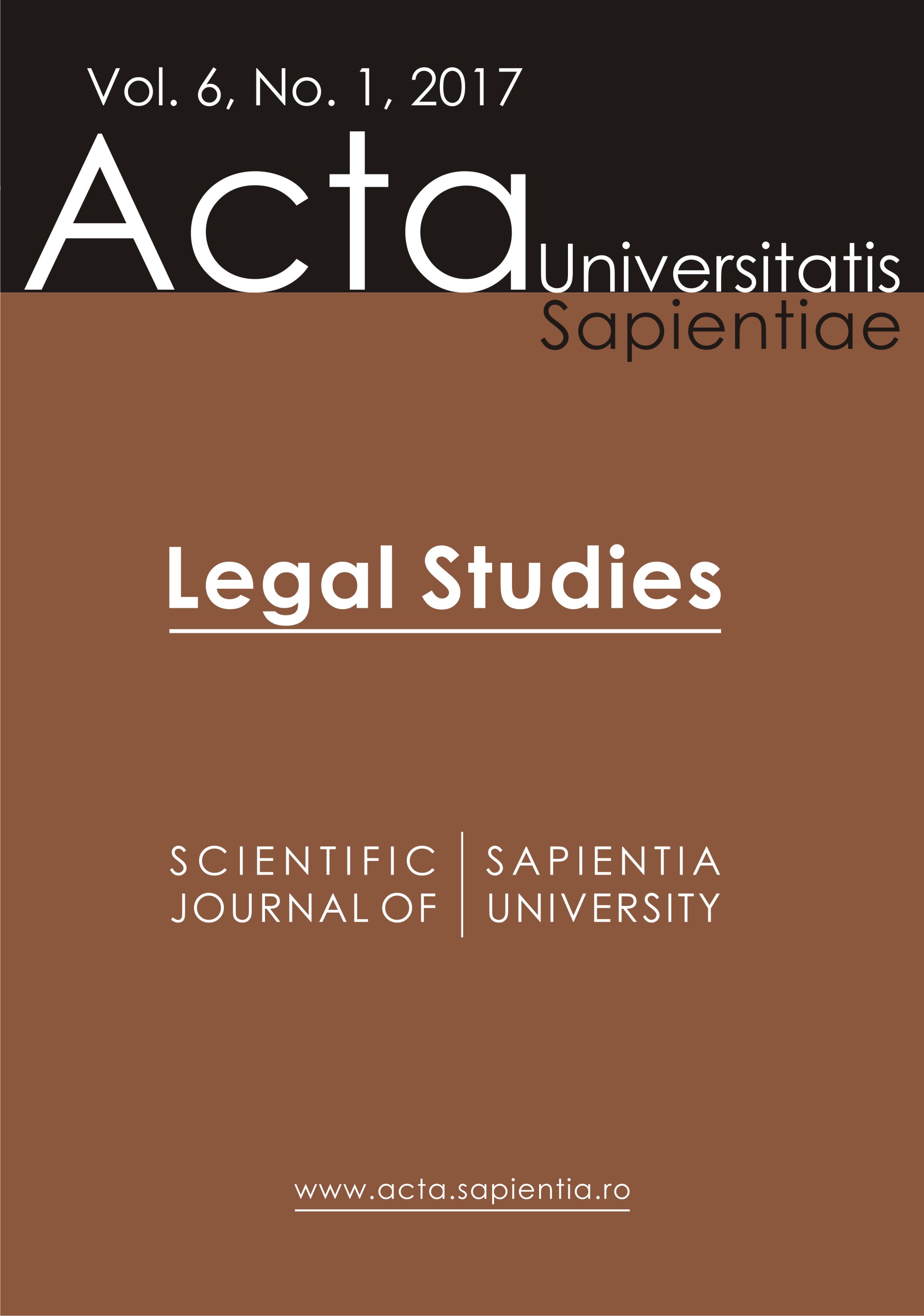Direct Democracy in Hungary (1989–2016): from Popular Sovereignty to Popular Illusion
Direct Democracy in Hungary (1989–2016): from Popular Sovereignty to Popular Illusion
Author(s): Zoltán Pozsár-SzentmiklósySubject(s): Law, Constitution, Jurisprudence
Published by: Scientia Kiadó
Keywords: national referendum; national consultation; minority direct democracy; plebiscitarian direct democracy
Summary/Abstract: Since 1989, there have been organized seven national referenda related to thirteen questions in Hungary. Based on the content of the questions raised, one can draw a line of evolution in the history of the institution: the symbolic political issues of the transition and democracy-building were followed by the country’s main strategic aims. Later, national referenda functioned as instruments of outsourced daily political debate between government and opposition, while at present – based on practice –national referendum can be considered as a typical instrument of plebiscitarian direct democracy. Moreover, during this period, sixteen questions were set on the National Assembly’s agenda based on successful popular initiatives.Since 2010, the legislative and the executive power’s approach to direct democracy has radically transformed. The Government started to use frequently the so-called national consultation in important legislative issues – a misleading communication tool which has no legal background. Besides, based on the new Fundamental Law of Hungary (2011) and the new Act on Electoral Procedure (2013), the possibility of a successful national referendum has been greatly restricted: there is prescribed as a necessary condition for a valid result that the majority of the voters should cast a valid vote. This condition was barely reached twice in the preceding period. Furthermore, the institution of popular initiative is not part of the legal system anymore.These trends are demonstrating that the classic tools of direct democracy are losing their relevance, while populist instruments are used more frequently in practice. The purpose of this paper is to contribute to the contemporary debate related to this challenge.
Journal: Acta Universitatis Sapientiae, Legal Studies
- Issue Year: 6/2017
- Issue No: 1
- Page Range: 109-118
- Page Count: 10
- Language: English

